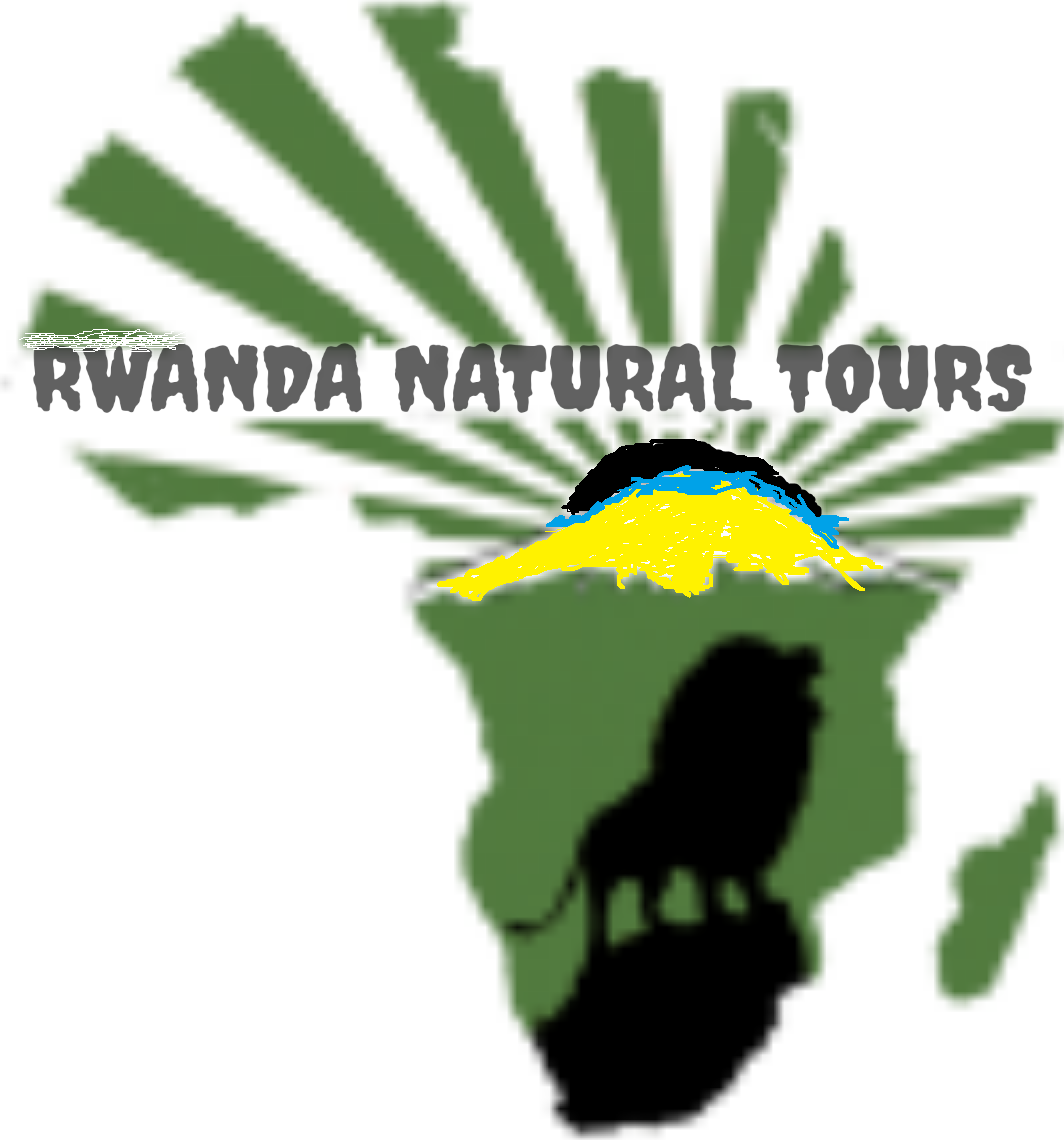
Akagera national park found in eastern Rwanda is a 2500 sq km of mainly Savannah land. The park is named after Kagera River that flows along Rwanda’s eastern boundary with Tanzania. The river feeds into Lake Ihema and other smaller lakes in and around the park.
The park protects an African Savannah landscape of acacia and bush with patches of open grassland and a dozen swampy lakes. It has exceptional levels of biodiversity and forms a large protected wetland. Akagera national park is the only Savannah national park in Rwanda and the only place to sight most of the large mammals while on safari. Whereas there are forest elephants in the other parks, it is very difficult to sight them. Explore the park in the comfort of your safari vehicle while on a game drive.
Wildlife in Akagera National Park
Akagera national park is home to a variety of wildlife which include, elephants, buffalos, giraffe, zebras, leopards, hyenas, lions. It is home to several antelopes like bushbucks, Topis, Oribis, water-buck, roan antelope and duiker, klipspringer, impala and world largest antelope – the Cape eland.
You can watch schools of hippos and crocodiles basking in the sun near lake Ihema. The common primates in Akagera national park are olive baboons, Vervet monkeys, blue monkeys and bush babies who are often seen on night drives.
To get in touch please use the contacts below